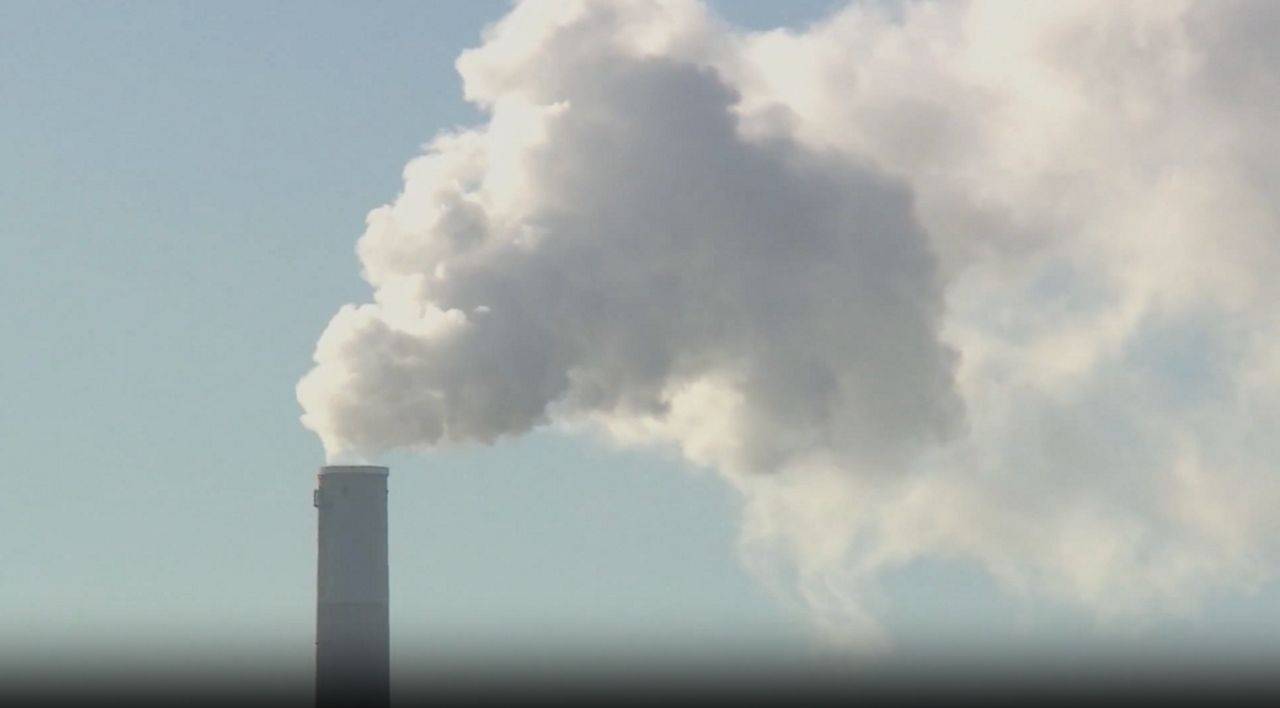Another report has found 2023 was the hottest year on record.
The newest World Meteorological Organization’s State of the Global Climate assessment, released Tuesday, showed that records were broken for greenhouse gas emissions, surface temperatures, sea level rise, Antarctic sea ice cover, glacier retreat and ocean heat and acidification.
The hottest year on record led to heatwaves, floods, droughts, wildfires and tropical cyclones that have caused billions of dollars in economic losses and affected everyday life for millions, the report said.
“Sirens are blaring across all major indicators,” United Nations Secretary-General Antonio Guterres said in a statement. “Some records aren’t just chart-topping. They’re chart-busting. And changes are speeding up.”
The global average temperature last year was 1.45 degrees Celsius above the pre-industrial baseline and is near the 1.5-degree threshold that many scientists say is the tipping point for climate change.
“Never have we been so close, albeit on a temporary basis at the moment, to the 1.5-degree Celsius lower limit of the Paris Agreement on climate change,” WMO Secretary-general Celeste Saulo said in the report.
She said increased ocean temperatures, glacier retreat and Antarctic sea ice loss were especially concerning. In 2023, about one-third of the world’s oceans experienced a heatwave on an average day. Over the course of the year, 90% of the ocean had experienced a heatwave condition at some point.
Glaciers lost more ice last year than at any time since 1950, when recordkeeping began, while Antarctic sea ice losses were equivalent in size to the land mass of France and Germany combined.
The increased heat is contributing to growing numbers of people who are experiencing food insecurity. About 333 million people were food insecure in 2023 — more than twice as many as before the COVID-19 pandemic.
For its report, the WMO worked with the United Nations, National Meteorological and Hydrological Services and Global Data and Analysis Centers, the World Climate Research Programme and other climate groups. The WMO State of the Global Climate report is intended to inform discussions at the United Nations’ climate meeting in Denmark this week.










